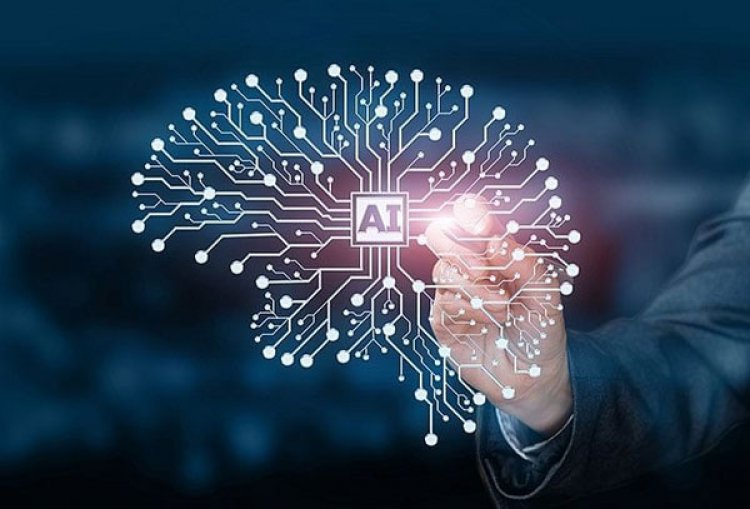The Rise of Automation and Its Impact on Human Jobs: How AI is Revolutionizing Employment
Artificial intelligence (AI) is changing several industries, including the labour market, as the globe quickly develops in the digital age. With the rise of automation, AI is replacing the need for human labour in many industries, causing profound changes in the nature of the workforce.

The potential of AI to automate boring and repetitive tasks in the workplace is one of its main advantages. Data entry, data analysis, and customer service regular tasks can now be handled by automation technologies powered by AI algorithms with impressive efficiency. Businesses have seen better productivity, lower costs, and improved accuracy and precision in their operations as a result of this.
Moreover, AI is also gaining ground in fields that need sophisticated decision-making procedures. For instance, the healthcare industry is using AI-powered tools to help with diagnosis, treatment planning, and medication discovery. AI algorithms are employed in the financial sector for fraud detection, risk assessment, and portfolio management. These AI applications are improving results for both patients and enterprises by increasing decision-making speed and accuracy.
But there are also worries about how the rise of AI technology can affect jobs for people. Fear that AI may displace human employees and cause widespread unemployment and economic inequity is growing as robots get more advanced. To ensure that workers are prepared, this has sparked discussions about the necessity for retraining and upskilling.possess the abilities required to adjust to a changing labour market.
Some analysts contend that despite the worries, AI will also lead to the creation of new work prospects. To create, oversee, and maintain these systems, there will be a need for qualified experts as the demand for AI technologies rises. Jobs that demand critical thinking, creativity, and emotional intelligence—qualities that are difficult for AI to replace—will probably continue to be in demand. In conclusion, AI is redefining employment by automating routine jobs and altering the ways that diverse businesses make decisions. While there are worries about possible job loss, the field of AI also offers the possibility of new job development. People need to be proactive in picking up appropriate skills and keeping up with the most recent technology developments if they want to adapt to the changing job market. Businesses, policymakers, and individuals must work together to navigate the risks and opportunities that AI provides as it continues to develop. Future workforces may be more productive and creative as a result of embracing AI and utilising its potential.
- Yashaswi Agarwal






















